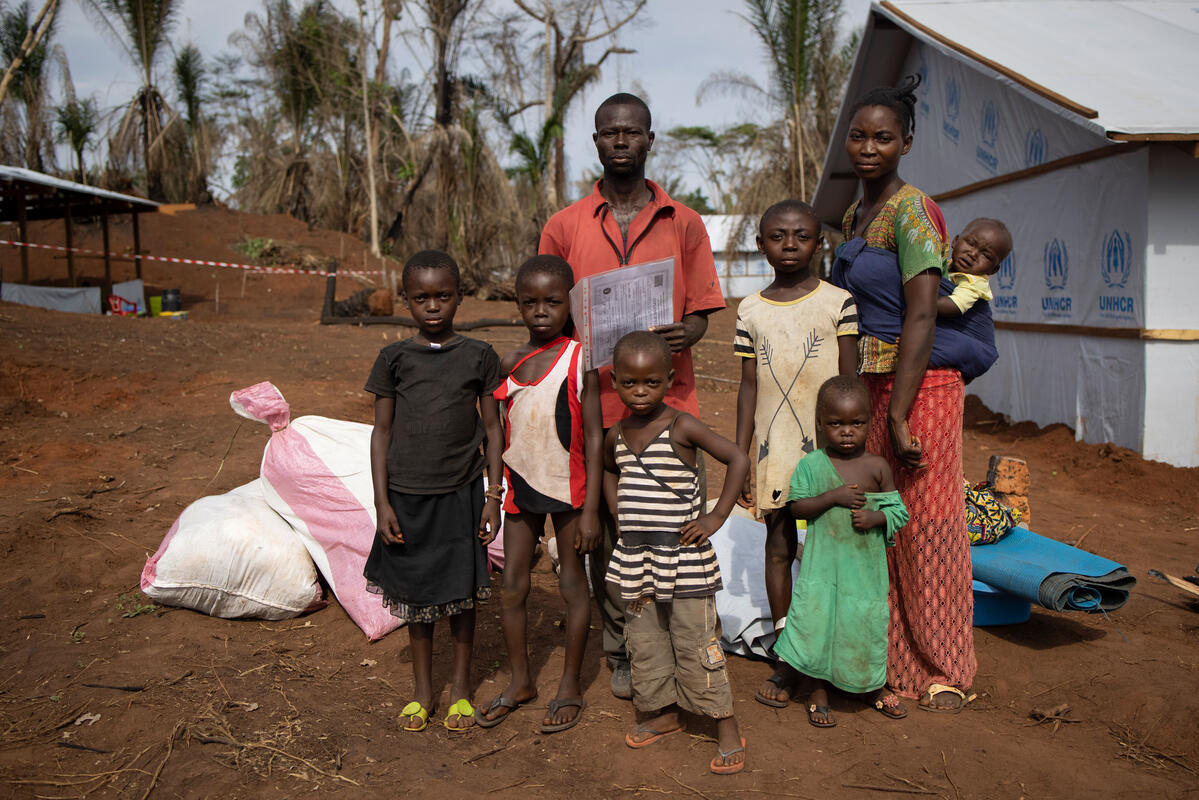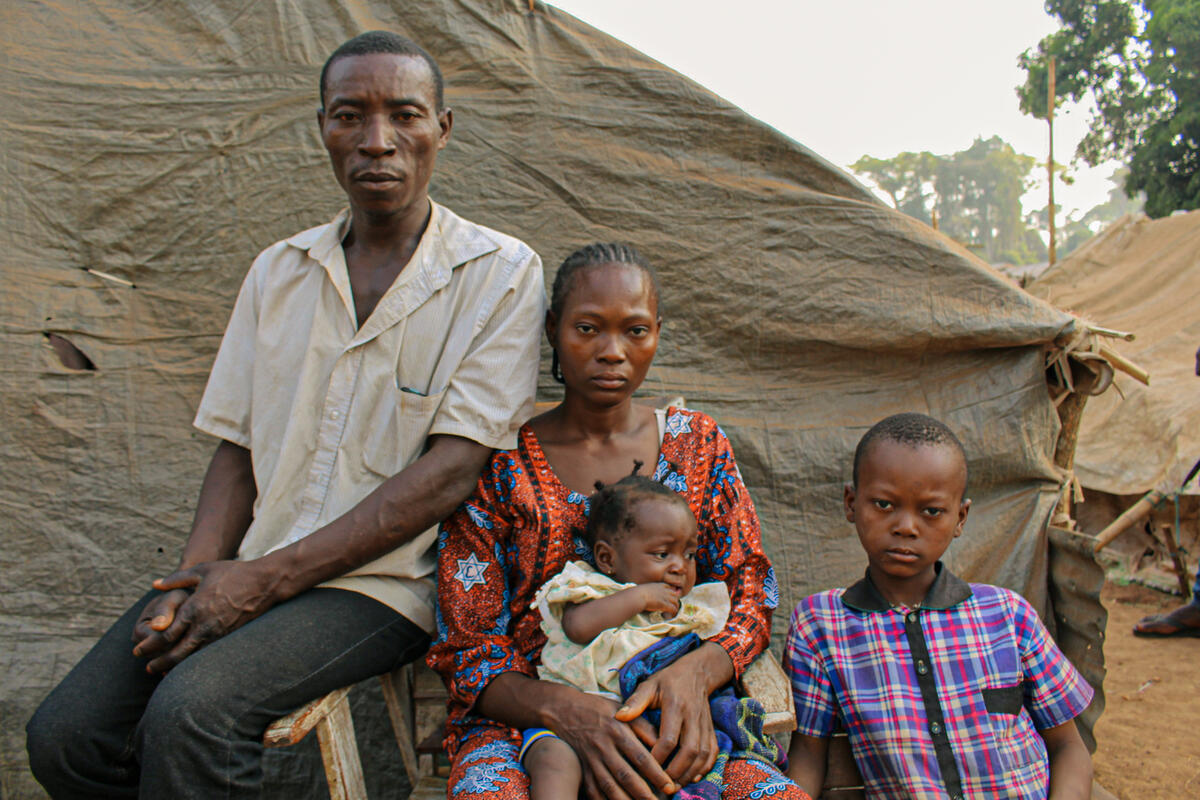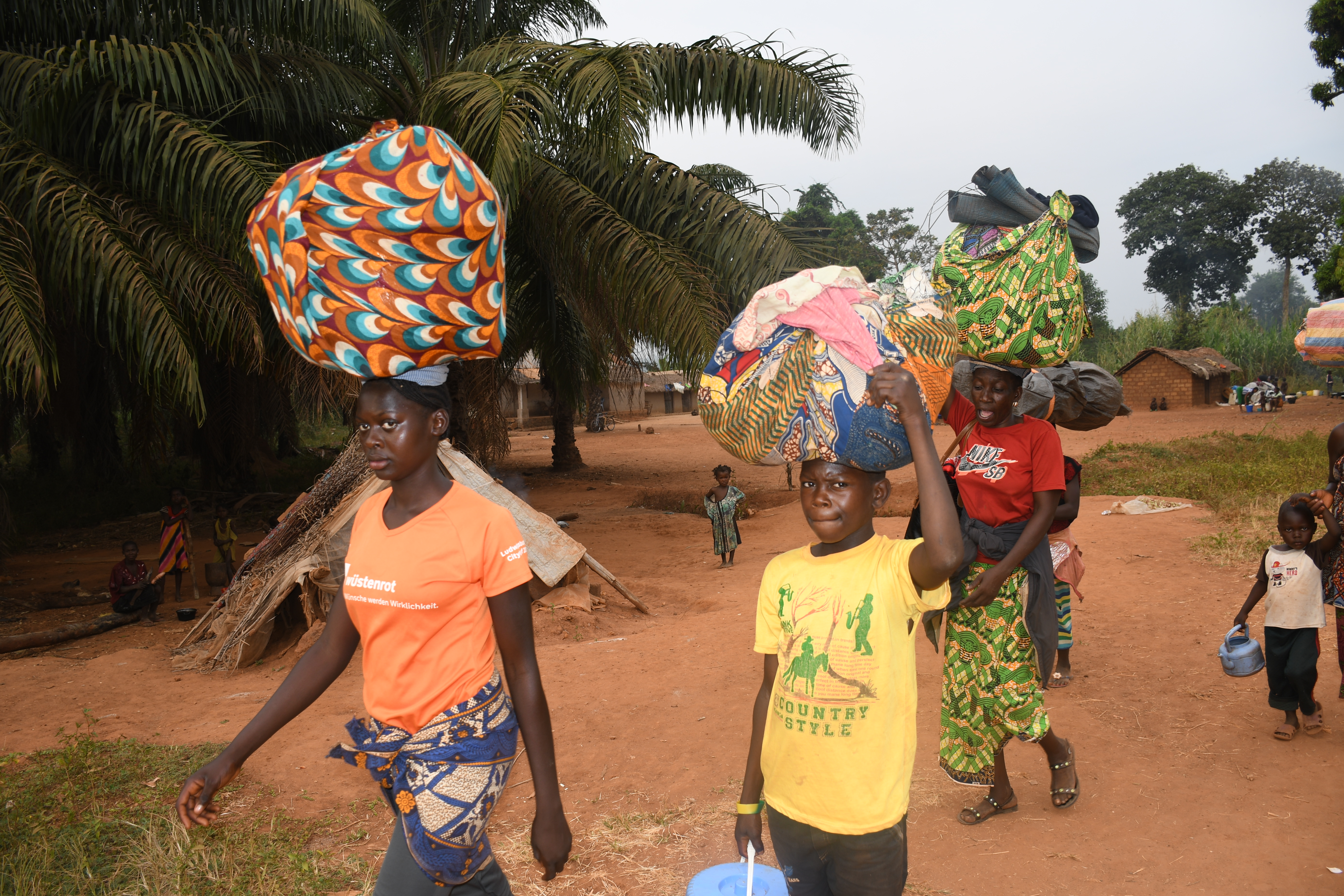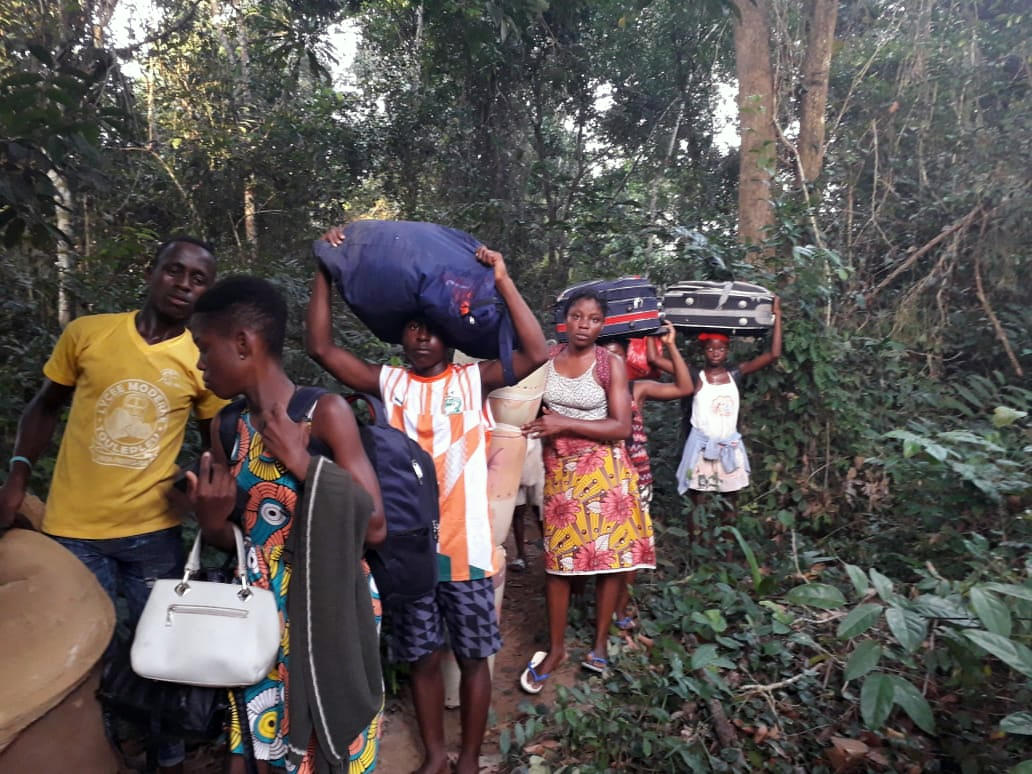Central African Republic urged to allow refugees to vote in landmark poll
Central African Republic urged to allow refugees to vote in landmark poll

GENEVA, July 14 (UNHCR) - The UN refugee agency said on Tuesday (July 14) it was alarmed by a decision of the interim parliament of the Central African Republic (CAR) to exclude refugees who fled to neighbouring states and elsewhere to escape fighting in the country from taking part in elections expected in October.
UNHCR and its partners said the move was out of line with UN Security Council resolutions 2149 (2014) and 2217 (2015) which envisaged inclusive elections to help achieve peace.
"To this end, it is important that refugees and internally displaced people are allowed to vote," UNHCR spokesperson Leo Dobbs told a press briefing in Geneva.
He detailed that there are currently a total of some 460,000 CAR refugees - an estimated 10 per cent of the entire population - mainly in Cameroon, Chad, Democratic Republic of the Congo and Republic of Congo.
"About 190,000 would be eligible to vote and the refugee population includes a large proportion of Muslims" Dobbs added. "Those who wish to vote must now first return to CAR, where continued tension and violence makes it unsafe for most people to return."
He said UNHCR was concerned that the interim parliament's decision, announced on June 30, would result in the exclusion of a significant section of the electorate from a political process that should lead to democratic and inclusive elections and aim at restoring peace and reconciliation among different communities.
"Meaningful national reconciliation could be jeopardized and the conditions for continuing conflict created if refugees cannot vote… We call for the participation of refugees in the elections to help decide the future of their country," Dobbs said, adding: "Free, transparent and inclusive elections can contribute to peace-building, security and national reconciliation and ultimately pave the way for the return in safety and dignity of all the refugees."
UNHCR and its partners, including the Humanitarian Coordinator Aurelien Agbenonci and the UN stabilization mission, said talks with the transitional authorities on the issue would continue.









